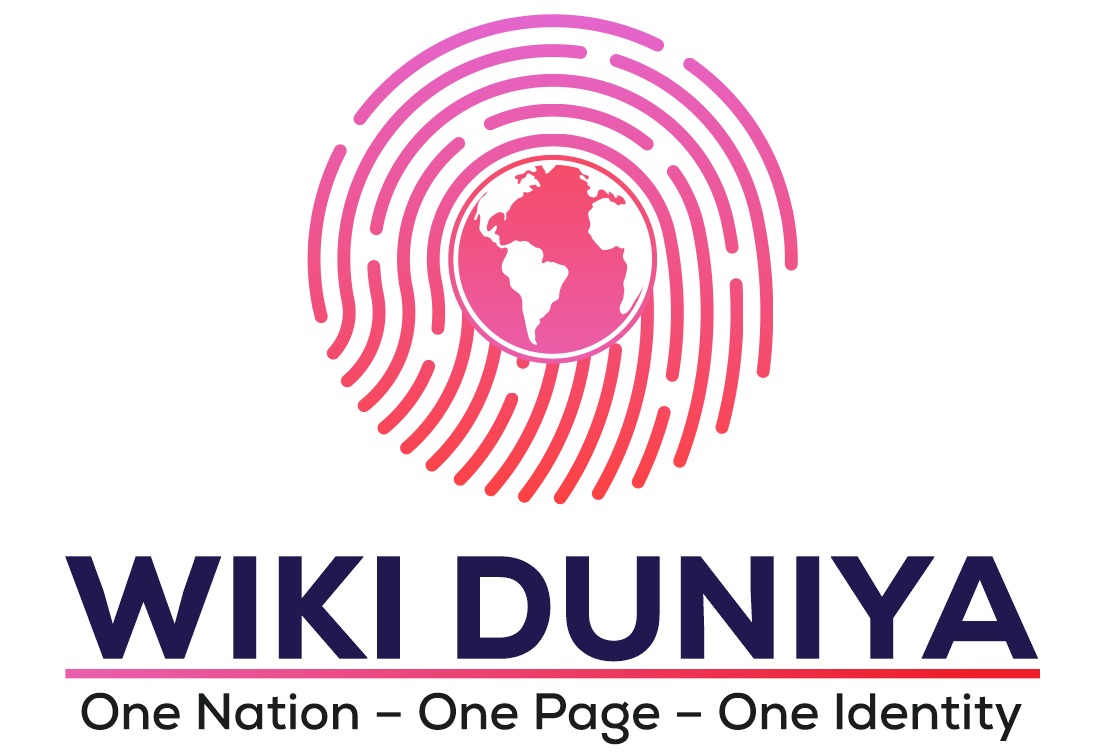
Why Meta Descriptions Matter for Your Digital Page
Introduction
Why Meta Descriptions Matter for Your Digital Page is a question many professionals overlook when building an online presence. While images, headlines, and layout get attention, the meta description often hides in the background. Yet, it plays a powerful role in how people find and click on your profile.
In India, where competition for visibility is intense — from job seekers to freelancers to entrepreneurs — a strong meta description can be the deciding factor between getting noticed and getting ignored.
What is a Meta Description?
A meta description is the short snippet of text that appears under your page title in search engine results. Typically between 150–160 characters, it summarises what your page is about and convinces users to click.
For example, if someone searches “Graphic Designer in Pune,” a well-written meta description can make your profile stand out in a crowded list of search results. It is not a direct ranking factor for search engines, but it strongly influences click-through rates, which in turn impacts your visibility.
The Role in First Impressions
In the digital world, first impressions are often formed in just a few seconds. Your meta description is like your online elevator pitch — it needs to be concise, relevant, and appealing.
If it’s generic or missing, search engines may pull random text from your page, which can look unprofessional or irrelevant.
A well-crafted description signals to potential employers, clients, or collaborators that you value attention to detail.
Writing for Your Audience
In India, the audience for your digital page could be highly varied — recruiters, investors, students, or customers. The meta description should be tailored to the type of visitor you want to attract.
For example, a freelance content writer could use: “Experienced freelance writer in Mumbai creating engaging blogs, SEO articles, and brand copy for Indian and global clients.” This immediately tells the reader what you offer and where you’re based.
Incorporating Keywords Naturally
Although meta descriptions do not directly affect search rankings, including relevant keywords can improve relevance in search results. If you are a digital marketer in Delhi, using terms like “SEO,” “social media strategy,” or “brand growth” in your description ensures searchers know what you specialise in. However, stuffing keywords without context makes the text awkward and can reduce clicks.
Keeping It Clear and Action-Oriented
An effective meta description often contains a subtle call-to-action (CTA) to guide the reader. Words like “discover,” “learn,” “explore,” or “connect” encourage engagement.
For example: “Connect with a certified yoga trainer in Bangalore for personalised online and offline classes.” This creates both clarity and a reason to click.
Avoiding Common Mistakes
Many professionals either leave their meta description blank or copy-paste the same text across multiple pages. This is a wasted opportunity.
Duplicate descriptions can confuse search engines and dilute your brand’s uniqueness. Another common mistake is exceeding the character limit, which causes the text to be cut off mid-sentence, losing impact.
Introduction
Why Meta Descriptions Matter for Your Digital Page is a question many professionals overlook when building an online presence. While images, headlines, and layout get attention, the meta description often hides in the background.
Yet, it plays a powerful role in how people find and click on your profile. In India, where competition for visibility is intense — from job seekers to freelancers to entrepreneurs — a strong meta description can be the deciding factor between getting noticed and getting ignored.
What is a Meta Description?
A meta description is the short snippet of text that appears under your page title in search engine results. Typically between 150–160 characters, it summarises what your page is about and convinces users to click.
For example, if someone searches “Graphic Designer in Pune,” a well-written meta description can make your profile stand out in a crowded list of search results. It is not a direct ranking factor for search engines, but it strongly influences click-through rates, which in turn impacts your visibility.
The Role in First Impressions
In the digital world, first impressions are often formed in just a few seconds. Your meta description is like your online elevator pitch — it needs to be concise, relevant, and appealing. If it’s generic or missing, search engines may pull random text from your page, which can look unprofessional or irrelevant.
A well-crafted description signals to potential employers, clients, or collaborators that you value attention to detail.
Writing for Your Audience
In India, the audience for your digital page could be highly varied — recruiters, investors, students, or customers. The meta description should be tailored to the type of visitor you want to attract.
For example, a freelance content writer could use: “Experienced freelance writer in Mumbai creating engaging blogs, SEO articles, and brand copy for Indian and global clients.” This immediately tells the reader what you offer and where you’re based.
Incorporating Keywords Naturally
Although meta descriptions do not directly affect search rankings, including relevant keywords can improve relevance in search results. If you are a digital marketer in Delhi, using terms like “SEO,” “social media strategy,” or “brand growth” in your description ensures searchers know what you specialise in. However, stuffing keywords without context makes the text awkward and can reduce clicks.
Keeping It Clear and Action-Oriented
An effective meta description often contains a subtle call-to-action (CTA) to guide the reader. Words like “discover,” “learn,” “explore,” or “connect” encourage engagement.
For example: “Connect with a certified yoga trainer in Bangalore for personalised online and offline classes.” This creates both clarity and a reason to click.
Avoiding Common Mistakes
Many professionals either leave their meta description blank or copy-paste the same text across multiple pages. This is a wasted opportunity
. Duplicate descriptions can confuse search engines and dilute your brand’s uniqueness. Another common mistake is exceeding the character limit, which causes the text to be cut off mid-sentence, losing impact.




